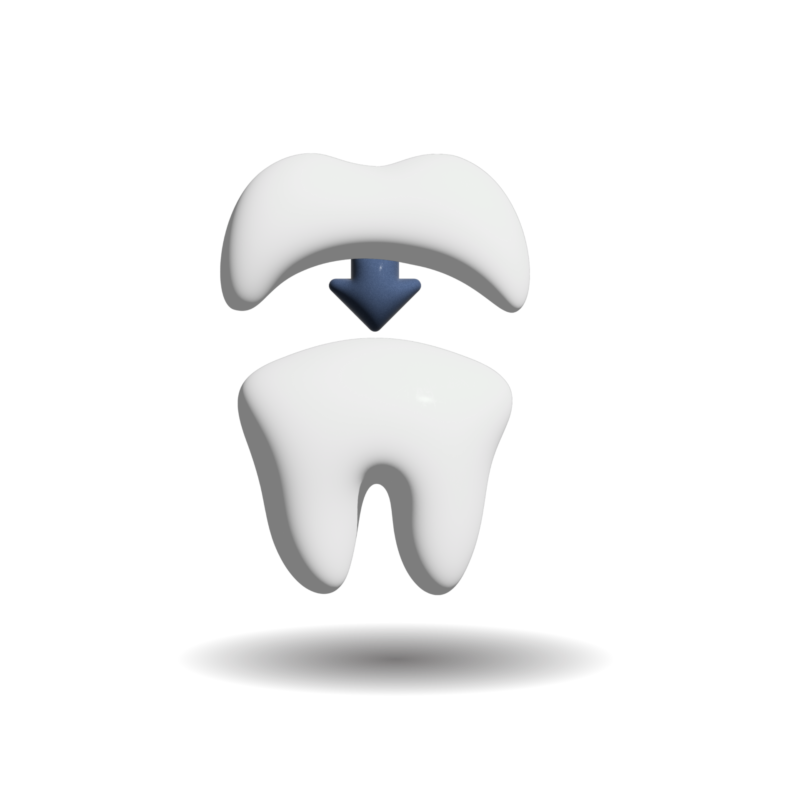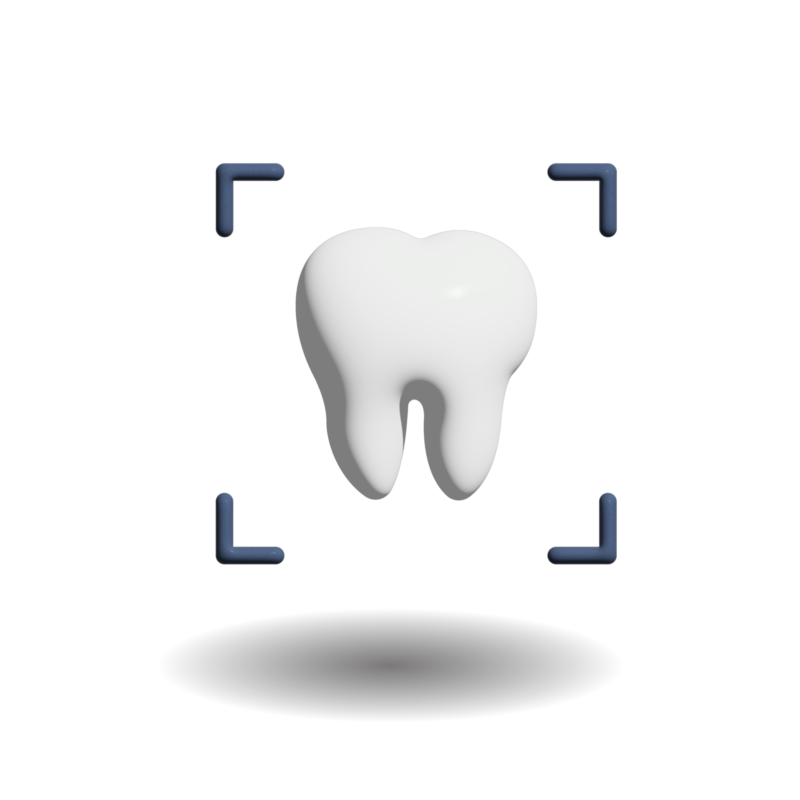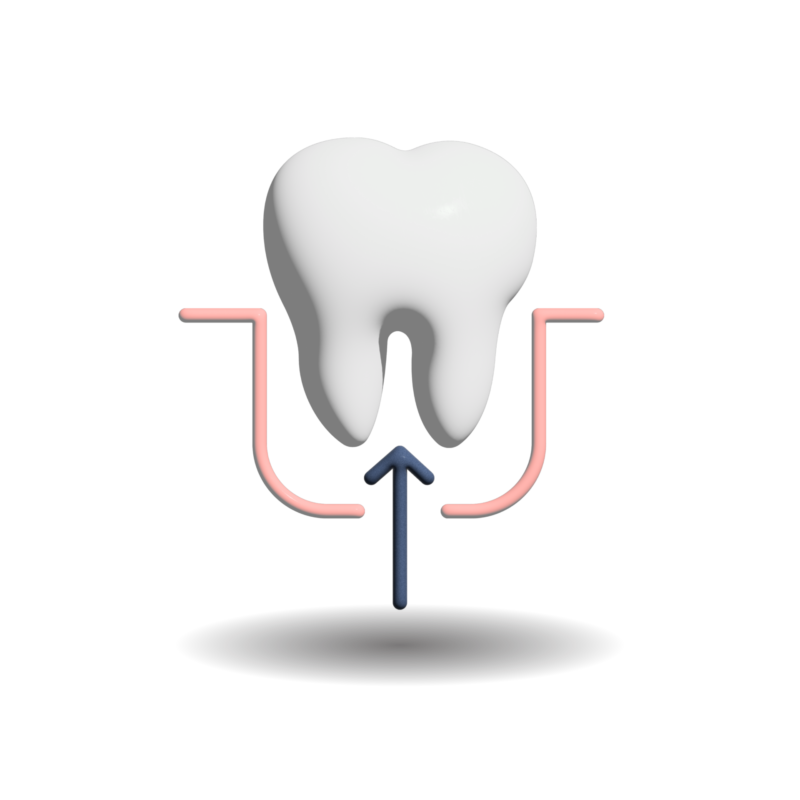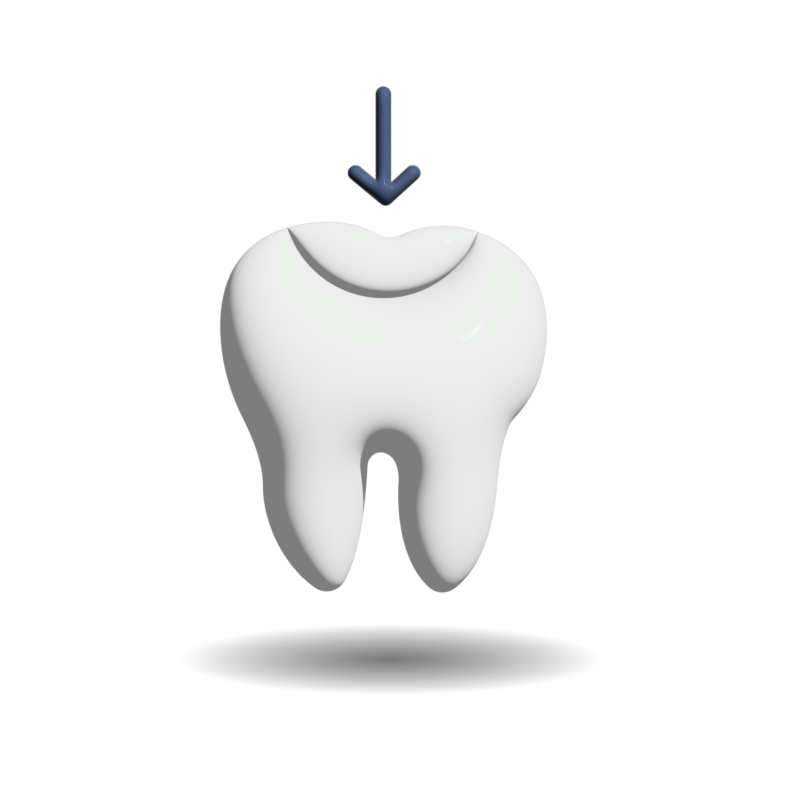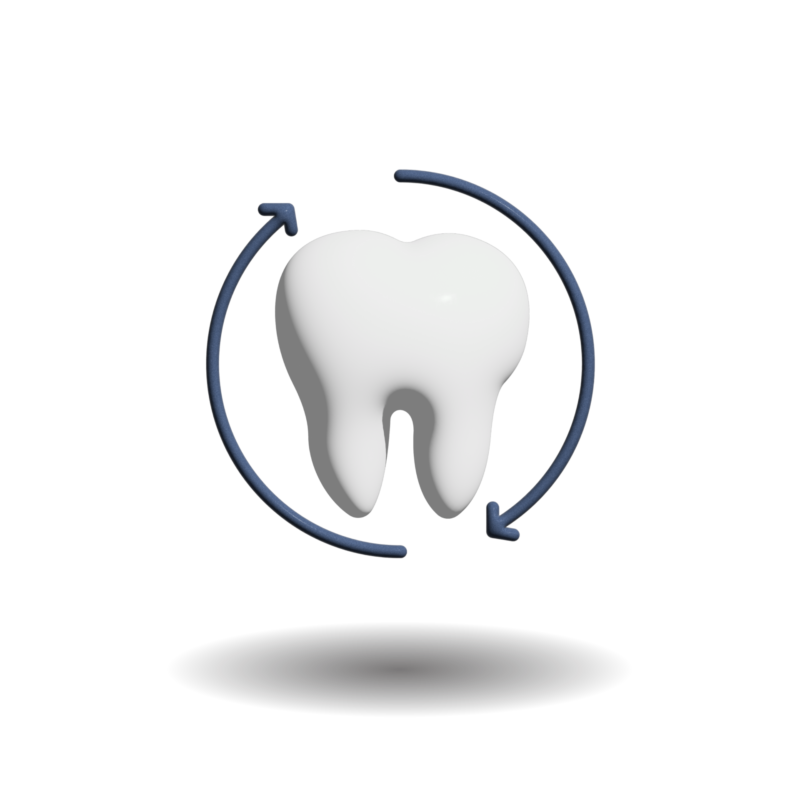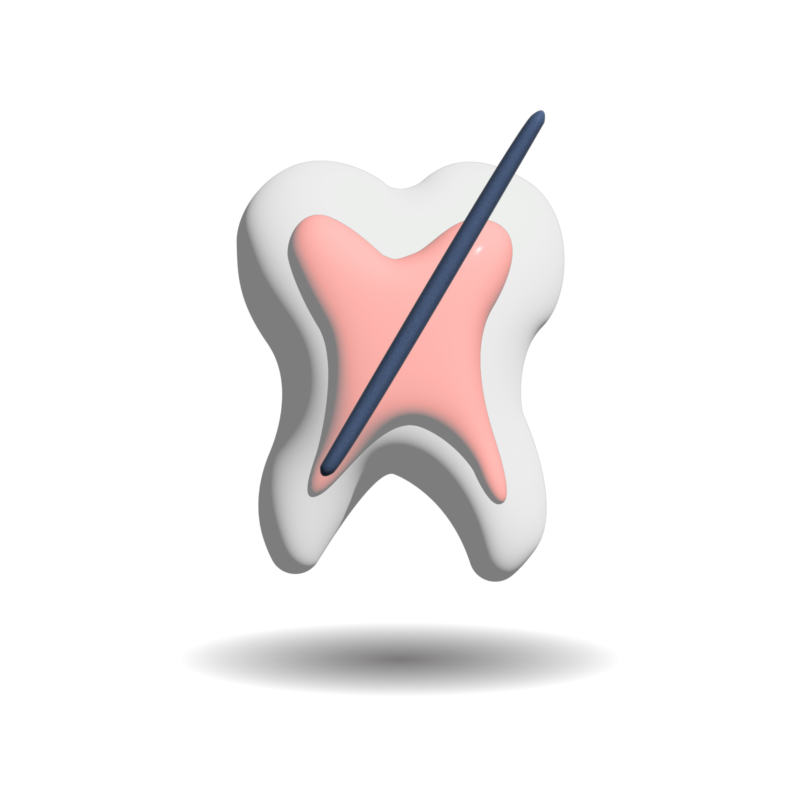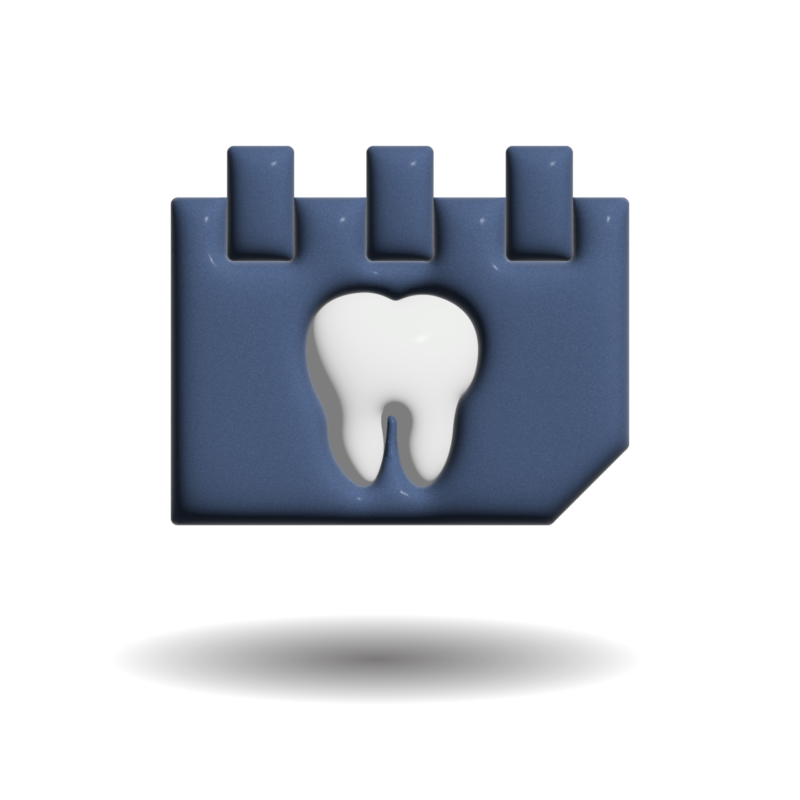Oral Surgery
Oral surgery encompasses a range of procedures aimed at addressing issues related to the mouth, teeth, jaws, and face. Common oral surgery procedures include tooth extractions, dental implants, corrective jaw surgery, and treatment of facial injuries. In fact, third molar surgery is the commonest surgical procedure in secondary and primary care together in the whole NHS. Genix’s highly skilled oral surgeons offer their oral surgery services to cover all major indications that can be treated within our Practices.
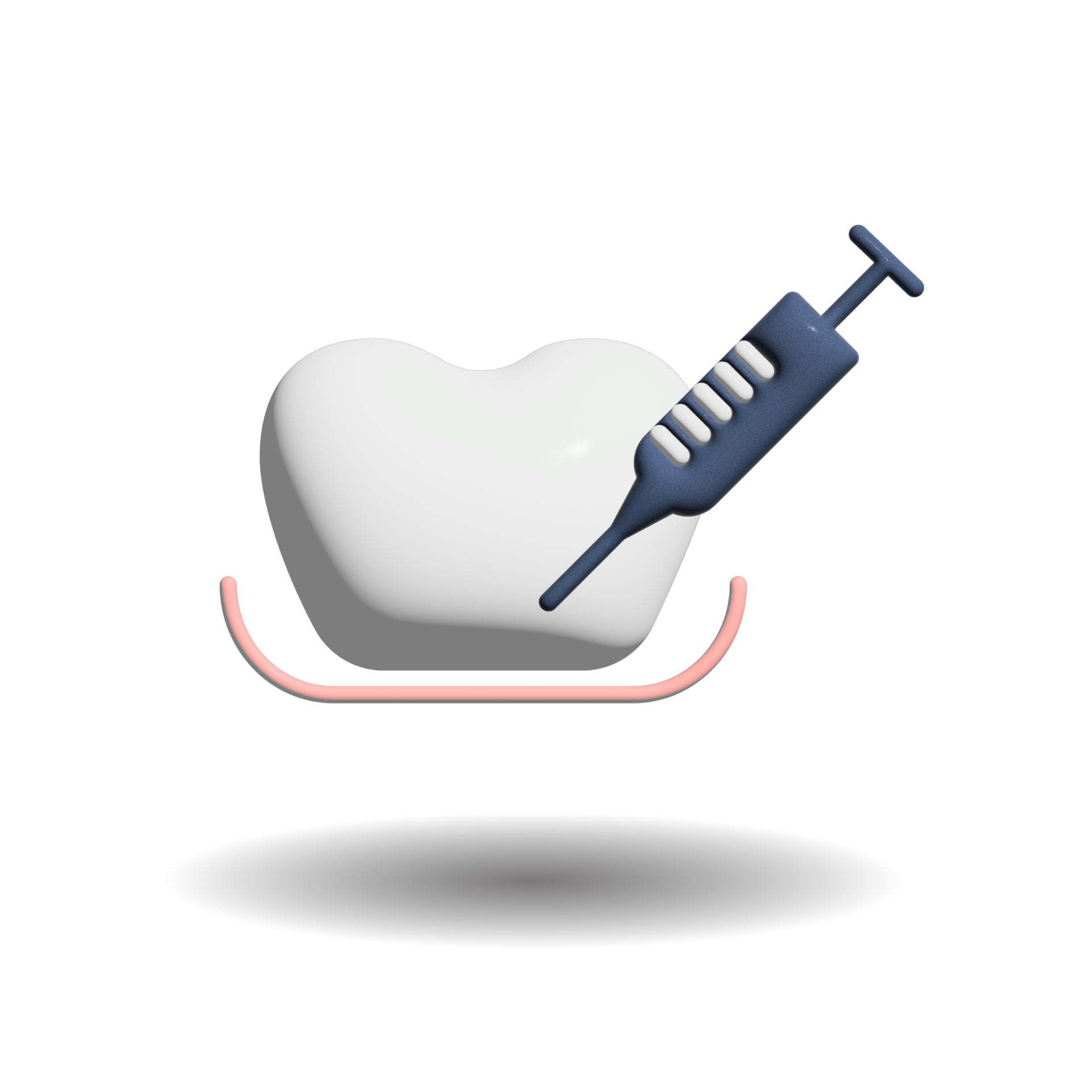
Oral surgery is needed because sometimes our teeth decide to play hide and seek, especially those pesky wisdom teeth that think they’re too wise to come out straight. It’s also for when your jaw decides it wants to audition for a role in a horror movie by misaligning itself. And let’s not forget the times when your mouth decides to grow extra teeth, like it’s trying to win a tooth-growing contest. So, oral surgery steps in to restore order, making sure your mouth doesn’t turn into a dental circus!
Oral surgery is essential for addressing a variety of dental and medical issues that cannot be resolved through general dental care alone, including:
- Extracting impacted wisdom teeth that fail to emerge properly, causing pain and infection
- Extracting failing teeth damaged by severe tooth decay or extensive fillings and root canal treatment along with crowns, making it difficult to extract them with conventional techniques
- Correcting issues arising after tooth extraction like sinus closure procedures and bone grafting
- Investigating areas of concern with a biopsy
- Improving the foundation areas for dentures within your mouth
- Placing dental implants for replacing missing teeth with artificial ones anchored to the jawbone
- Treating jaw-related problems such as temporomandibular joint (TMJ) disorders or unequal jaw growth
- Treating facial injuries fractures or injuries to the jaw and facial bones
- Addressing obstructive sleep apnoea with surgical interventions to address obstructive sleep apnoea
Oral surgery has a rich history dating back to ancient civilisations. Early evidence of dental procedures can be found in ancient Egypt, where dental extractions and treatments for dental abscesses were performed. The Greeks and Romans also made significant contributions, with Hippocrates and Celsus documenting various dental techniques. During the Middle Ages, barbers often performed dental extractions alongside other minor surgeries. The field advanced significantly in the 19th and 20th centuries with the development of anaesthesia and antiseptic techniques, transforming oral surgery into a specialised and respected branch of medicine. Today, oral surgery encompasses a wide range of procedures, from simple extractions to complex reconstructive surgeries.
The delivery of oral surgery treatments involves several steps starting with consultation and diagnosis. The initial assessment includes an examination and imaging (x-rays, CT scans) to diagnose the issue. This is followed by development of a personalised treatment plan based on the diagnosis. The surgical procedures then involve tooth extraction, bone grafting, implant placement, or jaw realignment, and are done under appropriate anaesthesia. Post-operative care includes providing instructions for recovery and follow-up appointments to monitor healing.
Choosing oral surgery treatments is like opting for a superhero to save your mouth from chaos. Imagine your teeth as rebellious teenagers, refusing to line up properly or causing trouble with cavities. Oral surgery swoops in like a dental superhero, armed with precision tools and a mission to restore order. It’s the ultimate choice for when you need to evict those uninvited wisdom teeth squatters or fix a jaw that’s decided to go rogue. Plus, who wouldn’t want a cool story about their epic dental adventure?
The numerous benefits of oral surgery include:
- Pain relief from impacted teeth, infections, or jaw disorders
- Improvement in functionality through restored ability to chew, speak, and breathe properly
- Enhancement in aesthetics via correction of facial deformities and improves the appearance of the smile
- Prevention of further issues by addresses underlying problems to prevent future complications
- Provision of durable and lasting solutions for dental and facial issues
The number of appointments required for oral surgery treatments varies depending on the complexity of the procedure. For ease of understanding, you may consider the procedures that are carried out in a dental setting as simple ones, and those that need hospital admission to be the more complex ones. Genix offers support for procedures that can be performed within our surgeries.
Simpler oral surgical procedures like extractions and biopsies are typically completed in one appointment. Dental implants may require multiple appointments for placement, healing, and restoration. Corrective jaw surgery often involves several pre-operative consultations, the surgery itself, and multiple follow-up visits, and may often be carried out in hospital settings. Complex procedures such as facial reconstruction, may require a series of appointments for comprehensive treatment.
- Proper care is crucial for the success and longevity of oral surgery treatments. It is necessary to follow post-operative instructions, and adhere to your surgeon’s guidelines for care and recovery.
- Maintain good oral hygiene by brushing and flossing regularly, and using a mouthwash if prescribed to prevent infection and promote healing.
- Avoid hard or crunchy foods that could damage the surgical site.
- Attend follow-up appointments to monitor healing and address any concerns.
- Use protective gear if recommended, like mouthguards or other protective devices.
- Oral surgery is common. Many people undergo oral surgery for various dental and facial issues.
- Discuss anaesthesia options with your surgeon—including Genix’s sedation services to ensure comfort during the procedure.
- Recovery time varies based on the type of surgery and individual factors.
- Report any issues by contacting your surgeon if you experience unusual symptoms or complications.
Oral surgery treatments play a vital role in addressing complex dental and facial issues, providing relief, improving functionality, and enhancing aesthetics. By understanding the process, benefits, and aftercare, patients can ensure successful outcomes and maintain their oral health.

If you are a new patient you can fill out the form below to enquire.
Existing patients can book online or phone the practice directly.
Both new and existing patients will receive email confirmation if your enquiry.
New patients enquiries are sent through to our team and they will phone you back within 1-2 working days to book your consultation.
Existing patients will receive their booking confirmation from their online booking or phone call.
Visit the practice for your treatment and enjoy your new smile!
CW
NC
SK
VW
SG
SW
RM
PB
JC
Start your smile journey today. Fill out the contact form below and a member of our team will phone you back to book a time that suits you.
